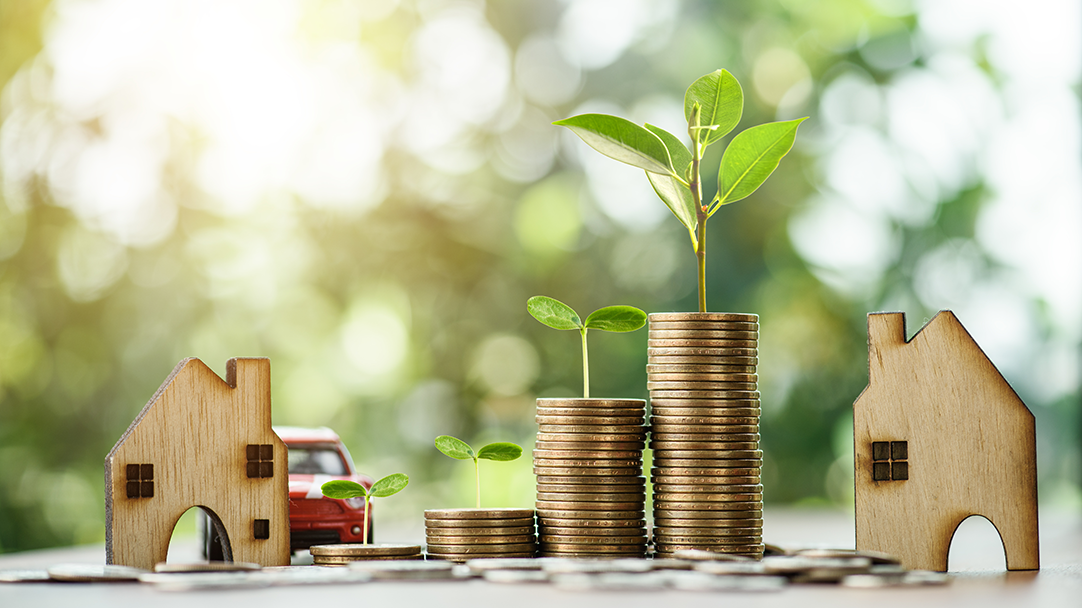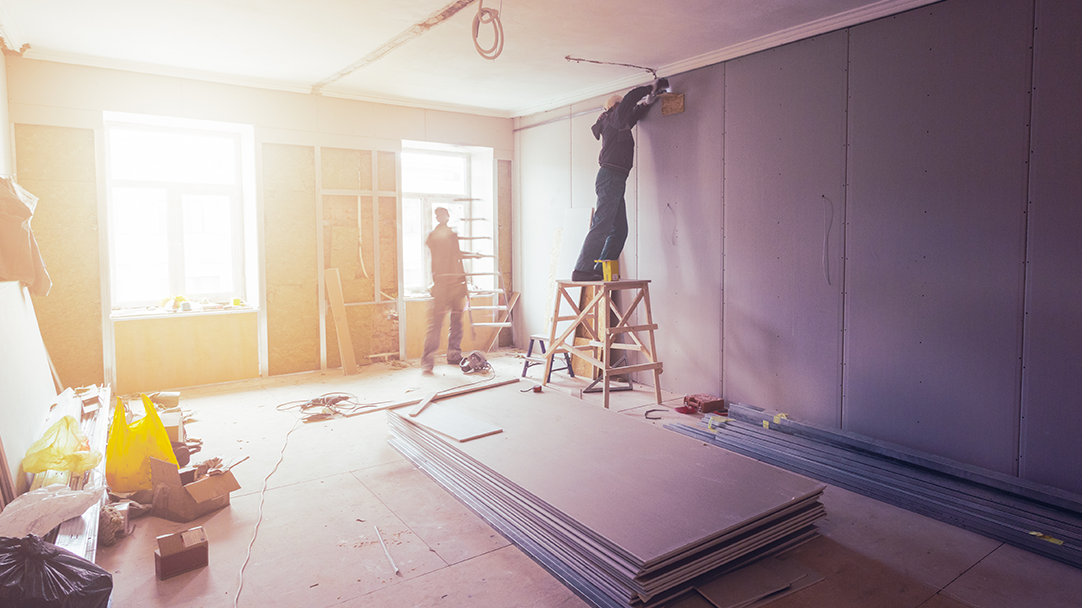The Importance of a Property Exit Strategy
We’re all aware of what’s going on in the news at the moment. With a general election coming up quickly, Brexit and other financial industry uncertainties, many of us have thought about how this will impact the property market.
This blog discusses property exit strategies if the housing market shifts after purchasing a property. An exit strategy is about the financial plan for a property and will be specific to the property and your financial situation.
There are many factors in property investing that are within our control for example where to purchase, type of property, negotiating the purchase price, managing the process from conveyancing to the refurb, but not everything is within our control. If the property market changes, we need to make sure we have thought of exit strategies.
We need to be smart with our numbers when thinking about investing in property. All wealthy property investors will tell you that you make money when you buy. Therefore when you are looking for a property to invest in, start with the numbers, and make sure you don’t pay over the odds for a property. Cost up all renovation work, legal fees, stamp duty etc. to get a figure for total costs involved in buying a specific property. We research the current market in the area we are looking to buy in to estimate our end value. Look for properties for sale, under offer and sold within the past 12 months to get a feel for the end market value. We always err on the side of caution with our end value and keep it on the lower side of recently sold properties. With the end value in mind, we take away our profit margin and all costs associated with purchasing and renovating the property from the estimated end value, to calculate our maximum purchase price.
The calculation above helps decide a fair price to offer if you’re considering flipping a property. That might be the initial plan, but we like to dive a little deeper. We always ask ourselves: if for some reason the property market dropped or the property didn’t sell, could we sacrifice some of our profits and still sell the property without making a loss, or could we hold onto the property? Spending some time researching the area you are looking to invest in will go a long way when it comes to the second strategy. If you needed to hold on to the property while the market comes back up to the level you bought at, how much could you achieve in rent and what is the rental demand in the area? We ideally like to work out the yield of the property, which is the total annual rent divided by the purchase price (or estimated end value if we’ve completed renovation works), to ensure the deal still stacks up. This will give us two more exit strategies: hold on to the property and pay down the mortgage with money from rent, or rent the property until the market picks up and sell once we know we’re profitable.
Deciding on an exit strategy is important when considering buying a property as an investment. We always make sure if we’re planning to flip a property, do the numbers still work if we needed to hold the property and rent it out. Other property strategies that could be considered are HMOs or serviced accommodation (AirBnB). We wouldn’t normally crunch the numbers for either of these strategies unless our first couple of options were not feasible. Normally if a property is suitable for an HMO or AirBnB it would be the main strategy and the property would’ve been bought with this in mind. Both of these strategies can be very lucrative but require experience, and a bigger time and monetary investment.



